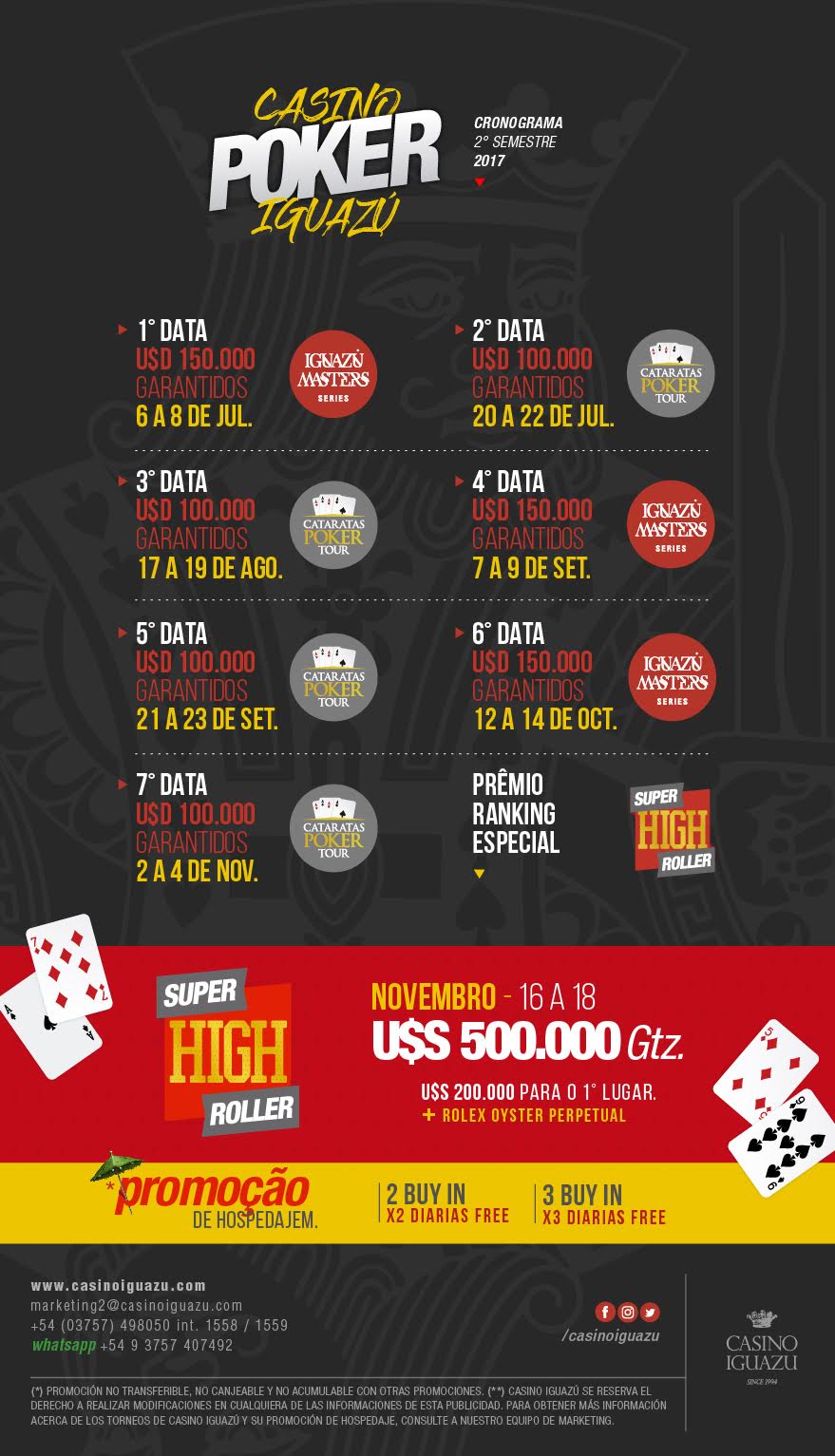In the competitive world of e-commerce, having a visually appealing online store is just the first step. To truly succeed, your Shopware development store must also be easily discoverable by search engines. Search Engine Optimization (SEO) plays a crucial role in driving organic traffic to your site. In this blog post, we will explore the key aspects of optimizing your Shopware store for search engines.
1. Keyword Research and Integration:
Start by researching relevant keywords for your products or services. Utilize tools like Google Keyword Planner to identify high-traffic and relevant keywords. Once identified, strategically integrate these keywords into your product titles, descriptions, and meta tags. This helps search engines understand the content and purpose of your pages. shopware agentur
2. Optimizing Product Pages:
Each product page is a valuable opportunity for SEO. Optimize your product pages by:
- Writing unique and compelling product descriptions.
- Using high-quality images with descriptive alt tags.
- Incorporating customer reviews and ratings.
3. Shopware SEO Settings:
Shopware provides built-in SEO settings that allow you to customize URLs, meta titles, and meta descriptions for each page. Leverage these settings to create search engine-friendly URLs and compelling meta tags. Ensure that each page has a unique and descriptive meta title and meta description.
4. Responsive and Fast Design:
Google considers the responsiveness and speed of your website when ranking pages. Ensure that your Shopware store is optimized for mobile devices and has fast loading times. Compress images, use browser caching, and consider a Content Delivery Network (CDN) to enhance your site’s performance.
5. Effective Use of Heading Tags:
Structure your content using heading tags (H1, H2, H3, etc.). This not only makes your content more readable for users but also helps search engines understand the hierarchy of information on your pages. Use H1 tags for main headings and H2-H6 tags for subheadings.
6. XML Sitemap:
Generate and submit an XML sitemap of your Shopware store to search engines. This helps search engine bots crawl and index your pages more efficiently. Shopware has built-in functionality to create and update your sitemap automatically.
7. Backlink Building:
Establishing a network of high-quality backlinks can significantly boost your store’s SEO. Encourage natural backlinks through quality content, guest posting, and influencer collaborations. Avoid spammy backlinks, as these can harm your SEO efforts.
8. Monitoring and Analytics:
Regularly monitor your Shopware store’s performance using tools like Google Analytics. Track key metrics such as organic traffic, bounce rates, and conversion rates. Analyzing this data allows you to make informed decisions and continually refine your SEO strategy.
By implementing these Shopware SEO best practices, you’ll enhance the visibility of your online store, attract more organic traffic, and ultimately increase your chances of converting visitors into customers. Stay updated with the latest SEO trends and continually refine your strategy to maintain a competitive edge in the ever-evolving digital landscape.





